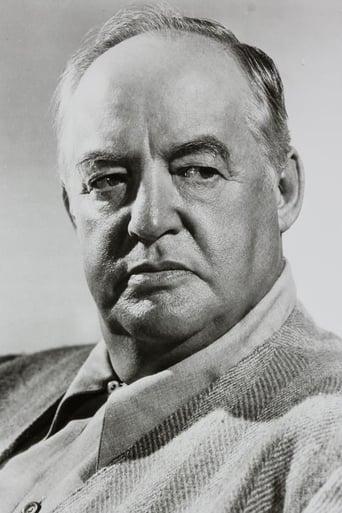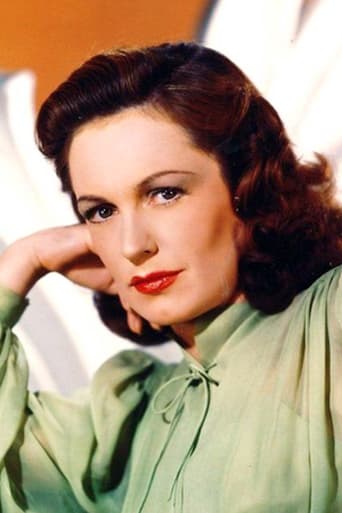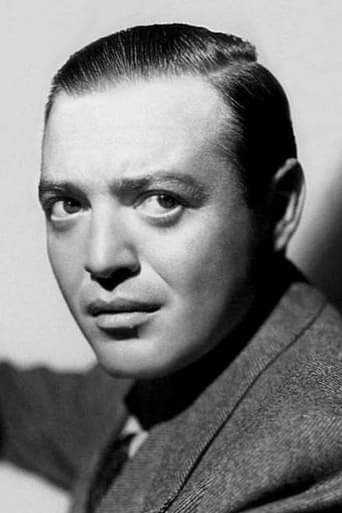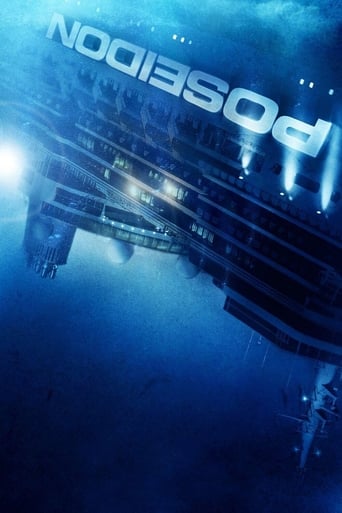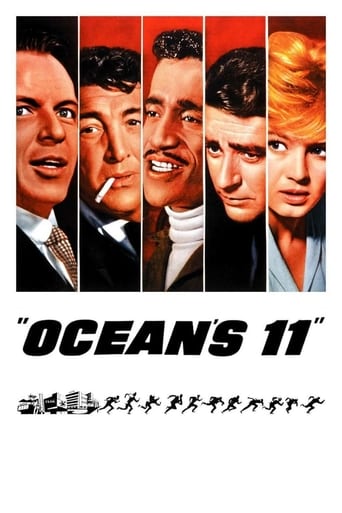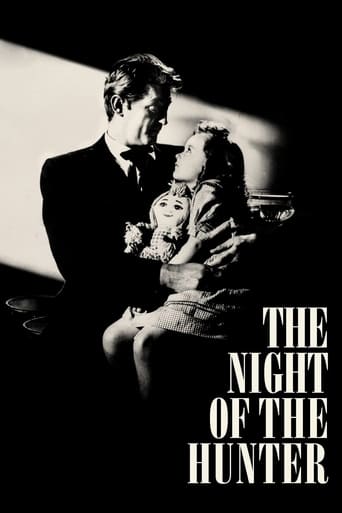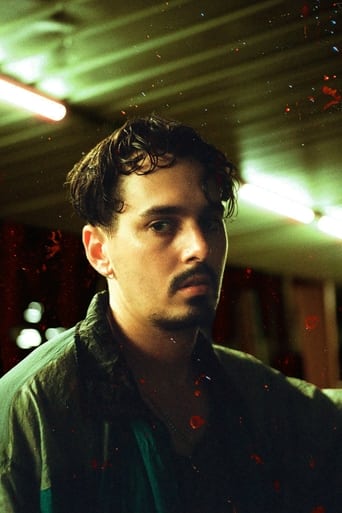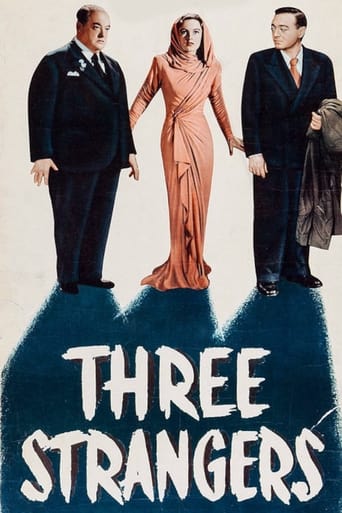
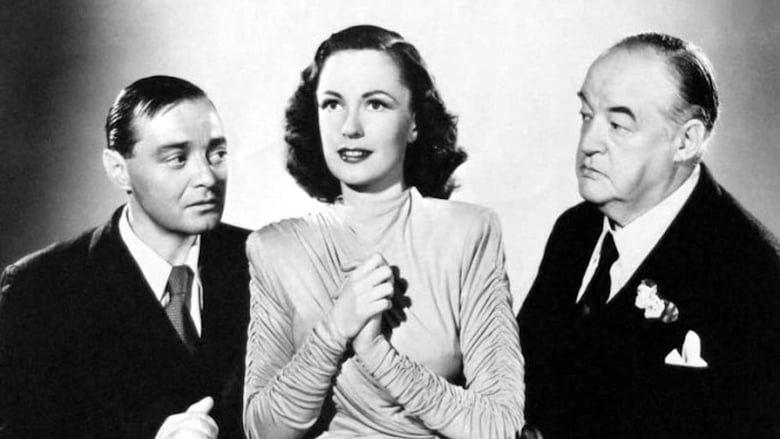
Three Strangers (1946)
On the eve of the Chinese New Year, three strangers, Crystal Shackleford, married to a wealthy philanderer; Jerome Artbutny, an outwardly respectable judge; and Johnny West, a seedy sneak thief, make a pact before a small statue of the Chinese goddess of Destiny. The threesome agree to purchase a sweepstakes ticket and share whatever winnings might accrue.
Watch Trailer
Cast
Similar titles
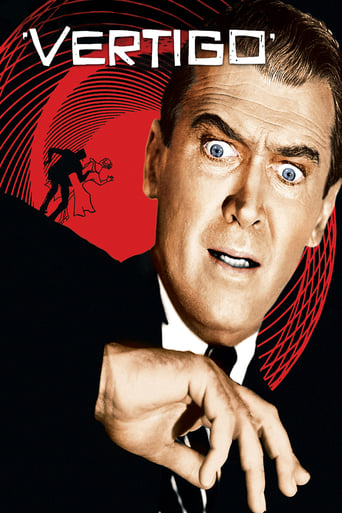
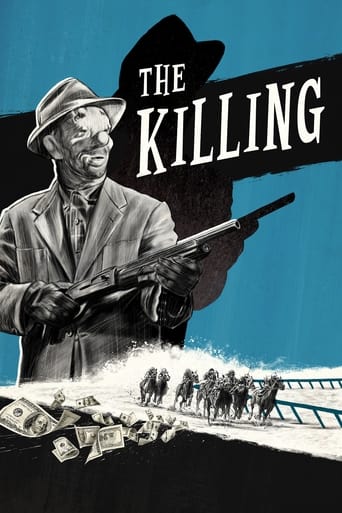
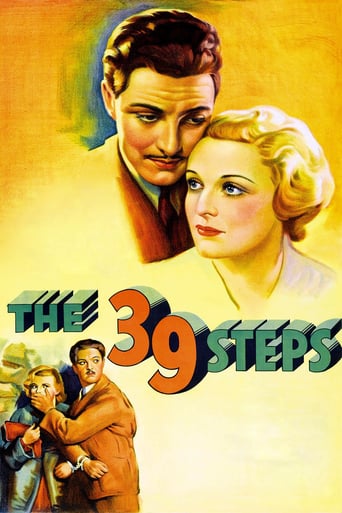
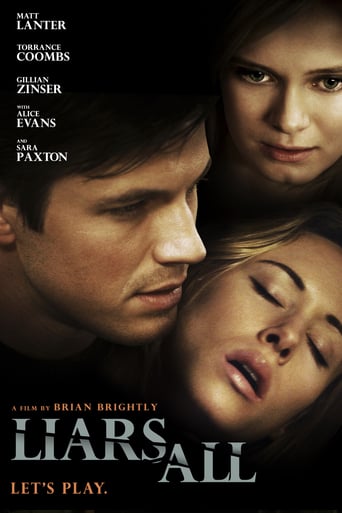
Reviews
The Worst Film Ever
Sadly Over-hyped
Absolutely the worst movie.
It's a good bad... and worth a popcorn matinée. While it's easy to lament what could have been...
In order to fulfill a ritual on the night of the Chinese New Year, Crystal Shackleford (Geraldine Fitzgerald) invites two strangers (Peter Lorre, Sydney Greenstreet) up to her apartment. The ritual is that if three strangers make the same wish at the same time to an idol of a Chinese goddess, it will come true. So they all make a wish that a lottery ticket will be a winner and they can split the winnings. From here the film explores the separate stories of the three people before tying it all back together.This is an underrated little gem directed by Jean Negulesco with a script by Howard Koch and John Huston. It's very fascinating with terrific performances from the three leads. Peter Lorre is especially fantastic. He gets most of the best lines. Any movie with Lorre and Greenstreet just has to be good on that basis alone. Definitely a great movie you should seek out.
With its low-key black and white cinematography, hard-boiled characters of profound weakness and an almost cheerfully subversive story, Jean Negulesco's Three Strangers is undiluted nostalgia of an urbane and cunning variety. Never so far away from rationality that it is an altogether unique yet unmistakably theatrical parable, it makes a shadowy and alluring potboiler, reaching some moments of pure magnetism in a handful of its crucial sequences.The script by John Huston and his friend Howard Koch is masterful in structure. The film begins in the shadows and fog of the London streets as Geraldine Fitzgerald coaxes two strangers, Sydney Greenstreet's caricatured attorney Jerome K. Arbutney and Peter Lorre's charismatic and cultivated alcoholic Johnny West to her London pad on Chinese New Year at the hand of her doctrine that if three strangers make the same wish to an idol of the Chinese goddess of fortune and destiny, the wish will be fulfilled. Because money will make their dreams come true, the three gamble on a sweepstakes ticket for the Grand National horse race together and concur that they will not sell the ticket if it is selected, and will hold onto it until the race is run. Fitzgerald would use the money to attempt to win her alienated husband back, Arbutny to lay the groundwork for his appointment to the esteemed Barrister's Club, and Johnny to purchase a bar as his home.After this single, taut, spare and graceful expository dialogue scene, the plot strands of the three strangers are unraveled, demystifying who we began to believe they were in the initial scene. Greenstreet insatiably and uproariously overplays as Arbutney, who we learn has looted a trust fund. Lorre is seamlessly graceful as the drunk who becomes enmeshed in a murder of which he's not guilty, while Fitzgerald is astonishing as a manipulative and truly unpredictable woman, a femme fatale of the highest caliber.Undeservedly obscure and overlooked, Three Strangers is about the human desire to look to gods and idols to resolve our problems, only to be driven into worse new ones. Mostly owing to the performances and the cynical manipulation of the noir plot, the film resolves as kind of a black comedy. It is an admirable and deftly executed variation on the hopeless and acerbic atmosphere of the film noir. In noir, characters are corrupt fall guys of the universe, brimming with existential distress, just like us all. Why not find a chuckle or two in it?
Put together Peter Lorre and Sidney Greenstreet and you've got me. Lorre is at his "I don't give a damn about anything" best. Greenstreet is the windbag know-it-all who dismisses everything that doesn't benefit him, but becomes the apotheosis of neediness when he starts to fail. Now you have a pact set up by a group of ne'er-do-wells, centering around a ticket for the Grand National. At the beginning they laugh about the pact because they realize the chances of winning are nil. Now we get to know them and their human failings: a drunk, an embezzler, and a self-possessed woman who set the whole thing up. Their exploits are woven together when the ticket is drawn. They each handle it in their own way and the conclusion is quite satisfying.
The story may get confusing, even muddled, but the visuals continue to shine. This is the golden age of black and white photography from the studios. There's a dreamy quality to the low key lighting that keeps the eye riveted even when the story line falters. Ace director Jean Negulesco certainly knows how to put a sheen on even difficult material.Scripters Huston and Koch appear to be following on 1941's Maltese Falcon with Lorre and Greenstreet and a statuette with perhaps mystical powers. The format is unusual for its time. The screenplay interweaves three story lines using the statuette and a sweepstakes ticket as an axis. None of the three story lines, however, really gels. Perhaps it's the editing or the script that gives the shifting back and forth a disjointed quality that's sometimes hard to follow. But none of the three strands follow-up well on that intriguing initial scene in Fitzgerald's apartment. (Note her clinging gown in that scene. I'm surprised it got past the censors.)Anyway, it's always a treat to watch such stylish presences as the imperious Greenstreet and the sly-fox Lorre play-off one another. There's been no one like them before or since. And, for once, Lorre gets a sympathetic role and even the girl (Loring). Then too, it's probably not surprising that the dipso character Lorre plays comes-off best since writer Huston was himself a notorious boozer. The scene that lingers for me is where Greenstreet uses his oily charm on the pixilated Lady Beladon (Rosalind Ivan) who turns out to be shrewder than he thought. I gather that the movie's last scene-- in addition to its irony-- intends to say something profound about the role of fate in our lives. I take the point to be that some unseen hand may control the fortune of lottery tickets, but the hand for all its mystical force cannot determine what we do with them. For the fate-obsessed 1940's this was an unusual gesture to the power of free-will. But, metaphysics aside, it's the power of the camera that continues to hold this stylish pastiche together.
